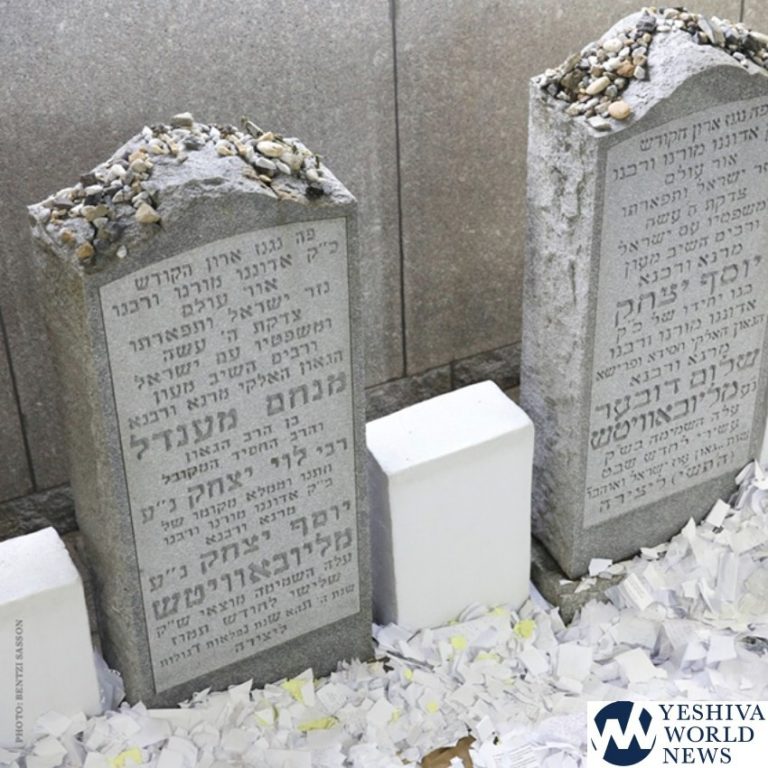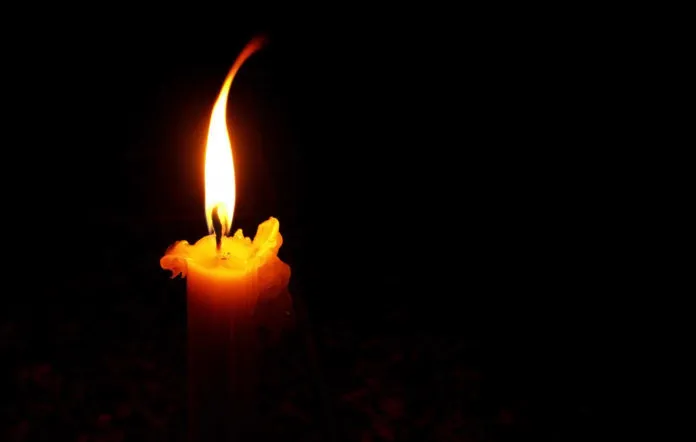Now Moshe’s father in law, Yisro, the priest of Midyan, heard all that Hashem had done for Moshe and bnei Yisrael. (18; 1)
Was Yisro the only one that heard what had happened to klal Yisroel? The entire world also heard what had happened but the fact that the Torah highlighted Yisro must mean that he heard something differently than the rest of the world. What was it that Yisro heard that everyone else didn’t?
Secondly, when describing Yisro, who was the father-in- law of Moshe, why does the Torah associate him as a priest from Midyan? Chazal tell us that we aren’t supposed to remind a ba’al teshuva or a Ger of their past. Why the mention?
The answer can be that we all ‘hear’ news. Whether it is good or bad we all hear the news, the only challenge is how we act and respond.
Reb Bentzion Yadler, Zt’l, a famous magid from Yerushalayim, used to give a shiur to a very illustrious oilam. One of the concepts he constantly expounded on was that people should not rush home immediately following davening, but rather stay a little and learn for a while to continue and remain on the elevated plateau they have just attained. He often compared it to drinking an ice cold cup of seltzer after eating your Shabbos day cholent. A while later, one of the newcomers who had heard this parable remarked, that since he had started coming to the shiur he has not missed one week of drinking seltzer after his cholent! How sad that this individual completely missed the point.
Yisro had a tremendous thirst and yearning for the truth. Chazal tell us that Yisro tried and experimented with every single form of avodah zara. Why would Chazal tell us this fact? Says Rav Shach, Zt’l, because he did so while seeking out the truth in the world. He went through each religion and he saw right through their falsehood until he came to klal Yisroel. What the Torah was telling us was the fact that he was a priest, and serving avodah zara, was because he was seeking out the truth! The moment he heard the entire story he was inspired and realized that this religion is the real one. Therefore the Torah refers to him as kohen Midyan because the fact that he spent so many years searching for the truth drew him closer to Hashem and to klal Yisroel; not for the bad but to highlight his desire for the truth.
We have to be honest with ourselves and hear what has to be heard. We can’t just hear what we want to hear; rather, we must strive for the truth.
I heard from my rebbi the following true story.
In the 1930s in Newark, NJ there was a growing issue of chilul Shabbos which included the president of this particular shul. Realizing this, the Rov got up for his Shabbos morning drasha and gave a fiery shmuess about the holiness of keeping Shabbos. After the shmuess the president of the shul approached the Rov and congratulated him on an excellent speech. He told him: ‘you told them good, Rabbi!’ Once again, how sad that the president completely missed the point; them, not me.
We hear nebach about so many tragedies-but how do we react? Does it bother us or do we say ‘lmaaseh he was sick.’ But he was 43?! Yeah, but he was sick…or do we really feel that void, that emptiness of a friend…we have to be honest with ourselves and have an open eye and an open ear that if someone says something that can be relevant to you, or that can help you grow, you must not just ‘hear’ it-but react on it too. Reacting properly to what you hear can have you highlighted and singled out by the Torah- from the rest world.





